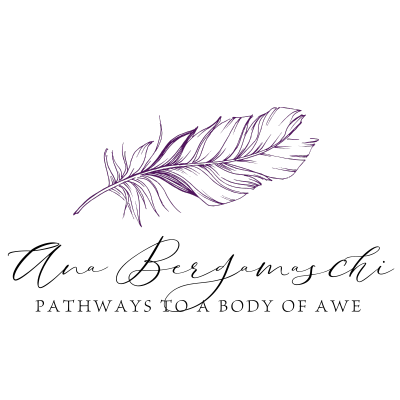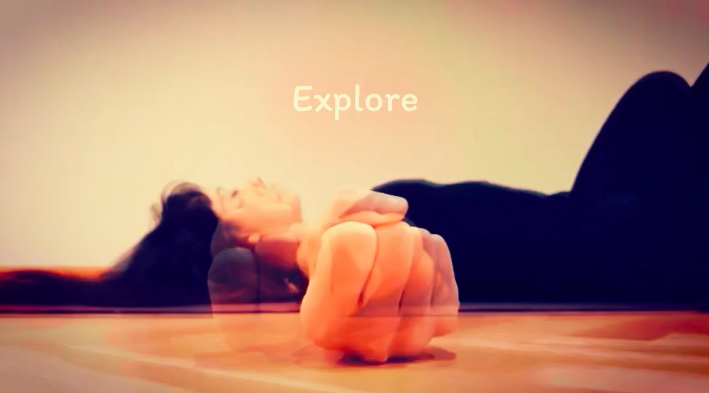FELDENKRAIS
« As the brain goes, so goes the body, and as the body goes, so goes the brain. » Anat Baniel
Feldenkrais explores the biological and cultural aspects of movement, posture and learning, and how our habits can constrain us to a small portion of our potential. Through our personal history, upbringing, culture, injuries, illness, etc., we each adopt patterns of physical and psychological behavior. These patterns are deeply embedded in our nervous system, and often become outmoded or dysfunctional, creating unnecessary physical, and psychological limitations. Feldenkrais uses a process of organic learning, movement, and sensing to free you from habitual patterns and allow for new patterns of thinking, moving and feeling to emerge.
In these structured movement lessons, students typically begin by lying on comfortable mats. Using a combination of guided attention and pleasant, purposeful movement, each lesson guides you through the essential dynamic relationships in a particular pattern of movement and action. Unlike traditional exercise, where movements can become mechanical and the objective is to burn calories, stretch or train willpower for its own sake, Awareness Through Movement teaches you the secrets to reducing unnecessary muscular effort and improve your awareness of your whole self in action. This emphasis on sensory learning results in movement and vitality that are more flexible, pleasurable and free from aches and pains. The lessons are easy to do, of benefit to everyone, and the results can be extraordinary.
Awareness Through Movement was developed by Dr. Feldenkrais as a means to re-engage the nervous system in the kind of learning we all do as infants, but later usually abandon. The compositional structure of the lessons creates a conversation of sensing, feeling, resting and moving that engages your whole system in a process of organic learning where old habits can be replaced by new awareness and skill.
“No matter how closely we look, it is difficult to find a mental act that can take place without the support of some physical function
”


